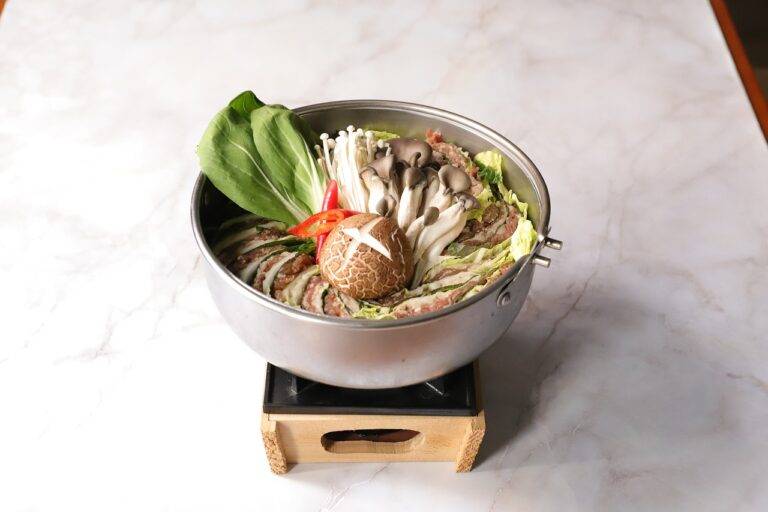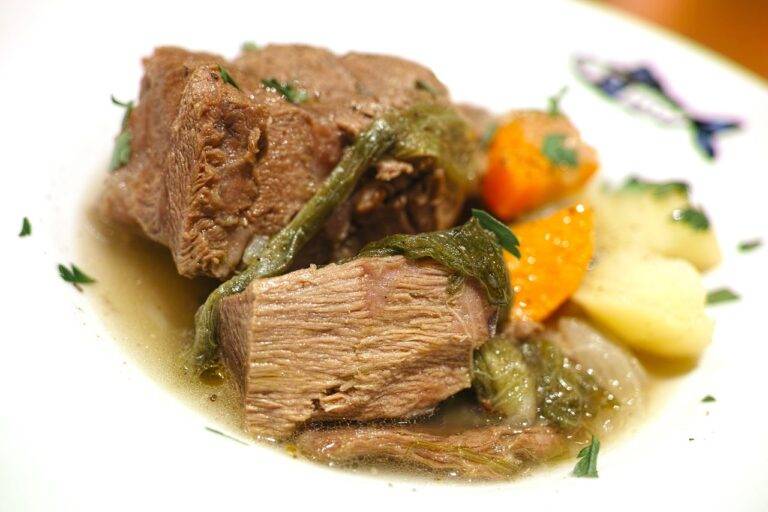The Power of Food Rituals: Exploring the Cultural Significance of Mealtime Traditions
Food rituals across various cultures play a significant role in bringing people together and strengthening communal bonds. In Japan, the act of slurping noodles not only signifies enjoyment but also shows appreciation for the meal. This tradition highlights the importance of being fully present while eating, savoring every bite. Similarly, in India, the practice of eating with the right hand is deeply rooted in cultural beliefs and etiquette. It is believed that using the right hand, which is considered the clean hand, shows respect towards the food and the individuals sharing the meal.
In Mexico, the tradition of sharing a meal with family and friends during Dia de los Muertos is a way to honor and remember loved ones who have passed away. This ritual involves preparing elaborate dishes that hold special significance and symbolism in remembering the deceased. Through these food rituals, cultural values, traditions, and history are passed down from one generation to the next, creating a sense of unity and belonging within the community.
The Historical Roots of Mealtime Traditions
Throughout history, mealtime traditions have played a significant role in shaping cultural identities and fostering social connections within communities. The practices surrounding food consumption, such as communal dining and sharing dishes, have deep roots that date back to ancient civilizations. In many cultures, mealtime is not just about nourishment but also serves as a means of bonding and expressing cultural values.
The act of sharing a meal has been a symbol of hospitality and unity across various societies for centuries. In some cultures, the preparation and serving of food are considered sacred rituals, often imbued with spiritual significance. These mealtime traditions are passed down from generation to generation, serving as a way to honor ancestors and maintain cultural heritage.
The Symbolism Behind Traditional Food Preparation
In many cultures around the world, the act of preparing traditional foods goes beyond just nourishing the body. It is often a symbolic ritual that carries deep cultural significance and traditions. The ingredients used, the methods of cooking, and even the timing of meals can all hold symbolic meanings that connect individuals to their heritage and ancestors.
For example, in some cultures, the process of making a particular dish may involve intricate steps that are believed to bring luck or prosperity to those who consume it. These rituals are often passed down through generations, reinforcing the importance of preserving and honoring cultural traditions through food preparation. The symbolism behind traditional food preparation serves as a way to not only sustain the body but also the soul, fostering a sense of community and unity among those who partake in these rituals.





